
People who should not eat instant noodles no matter how much they crave them
Instant noodles, commonly known as “mì tôm,” have become a go-to quick meal for busy individuals around the world, especially in Vietnam where they are a household staple. Their ease of preparation and comforting taste make them incredibly popular. However, nutrition experts caution that relying on instant noodles too frequently can have detrimental effects on health, particularly for specific groups of people. Despite cravings, some should strictly avoid instant noodles to maintain their well-being.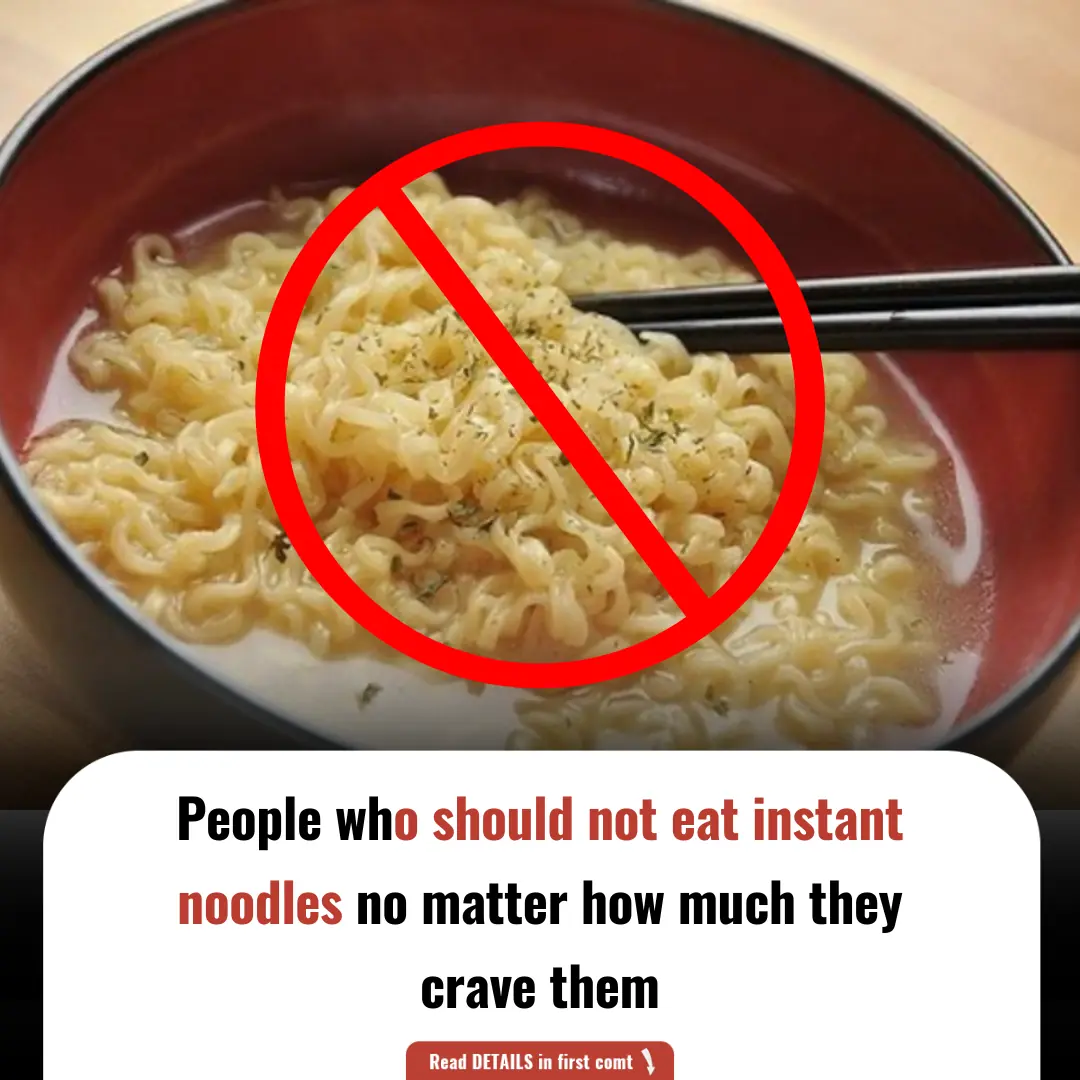
Nutritional Imbalance in Instant Noodles
Nutritionists emphasize that instant noodles are primarily composed of carbohydrates. A healthy diet, however, requires a balanced intake of six essential nutrients: protein, fats, carbohydrates, minerals, vitamins, and water. When one or more of these nutrients are missing or insufficient, it can lead to fatigue and, over time, increase the risk of serious illnesses.
Instant noodles are often lacking in protein and vitamins, and are high in unhealthy fats and sodium, contributing to poor nutritional balance. Consequently, regular consumption without adequate supplementation can negatively impact health.
Groups That Should Avoid Instant Noodles
1. People with Obesity and Cardiovascular Diseases
Instant noodles are typically fried in shortening oil, which contains high levels of saturated fats known to raise cholesterol levels and promote atherosclerosis—the buildup of plaques in arteries. This significantly raises the risk of obesity, heart disease, and stroke.
Additionally, since the main ingredient is refined starch, the body converts excess carbohydrates into fat, further exacerbating weight gain and placing extra strain on the cardiovascular system. For individuals battling obesity or heart conditions, consuming instant noodles regularly is highly discouraged.
2. Individuals with Stomach Problems
The seasoning packets in instant noodles are often rich in spices and artificial additives, which can dull taste buds over time and irritate the digestive system. For those with sensitive stomachs or diagnosed gastric issues, instant noodles can increase stomach acidity and pressure, worsening discomfort and potentially triggering gastritis or ulcers.
Moreover, instant noodles are difficult to digest. Studies show that noodles can remain intact in the stomach for up to two hours, interfering with nutrient absorption and prolonging exposure to harmful substances, which may aggravate digestive problems.
3. Patients with Kidney Disease
A high sodium content is a common issue with instant noodles. The total salt in the noodles and seasoning packets can amount to about one-third of the daily recommended salt intake for an adult. For people with kidney disease, who need to strictly control sodium consumption to avoid fluid retention and high blood pressure, instant noodles pose a serious health risk.
4. Young Children
Children are often drawn to the flavorful and convenient nature of instant noodles, sometimes developing a strong preference or even dependence. However, instant noodles do not meet the high nutritional needs of growing children and mainly provide “empty calories,” which lack essential vitamins and minerals.
Furthermore, because instant noodles are hard to digest, prolonged digestion time can cause bloating, reduce appetite, and hinder nutrient absorption. This can negatively affect children’s growth and overall health.
The Hidden Dangers of Frequent Instant Noodle Consumption
Regular consumption of instant noodles is linked to several chronic health concerns beyond the groups mentioned above. Excessive intake of processed foods high in saturated fats and sodium has been associated with increased risks of hypertension, diabetes, and metabolic syndrome.
Experts warn that the preservatives and flavor enhancers used in instant noodles, such as monosodium glutamate (MSG) and tertiary butylhydroquinone (TBHQ), may have adverse long-term effects when consumed frequently.
For those who enjoy instant noodles but want to mitigate health risks, consider:
-
Adding fresh vegetables and lean protein (e.g., chicken, tofu) to enhance nutritional value.
-
Using only part of the seasoning packet to reduce sodium intake.
-
Choosing brands that offer lower sodium and preservative-free options.
-
Limiting instant noodle consumption to occasional meals rather than regular diet staples.
News in the same category


How to Position Your TV in the Living Room for Optimal Health and Wealth
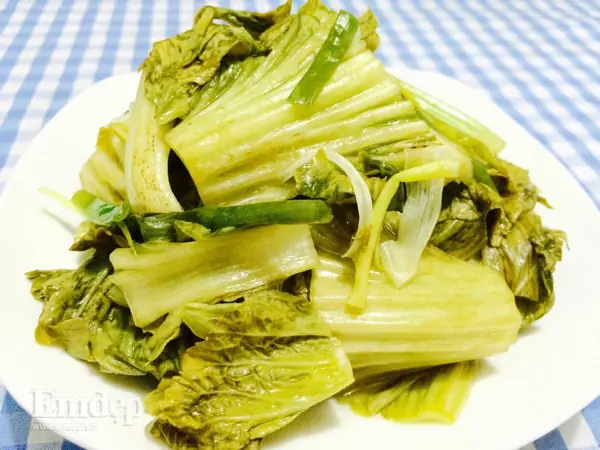
Hidden D@ngers on Your Dinner Plate: 3 Common Vegetables That May Be D@m@ging Your Digestive Health

Doctors warn just one glass of this drink a day could increase risk of being diagnosed with cancer
A doctor in New York City has discovered a worrying trend between a drink almost two-thirds of Americans enjoy and an aggressive cancer.

Many Confuse This Plant with a Weed, But It’s Actually Full of Surprising Health Benefits
From providing omega-3 fatty acids to supporting heart, bone, and kidney health, purslane offers a wide range of benefits.

Doctor reveals the one sound people make that means they have under 24 hours left to live
This phenomenon is most commonly observed as the person drifts in and out of consciousness, and their breathing becomes more labored.
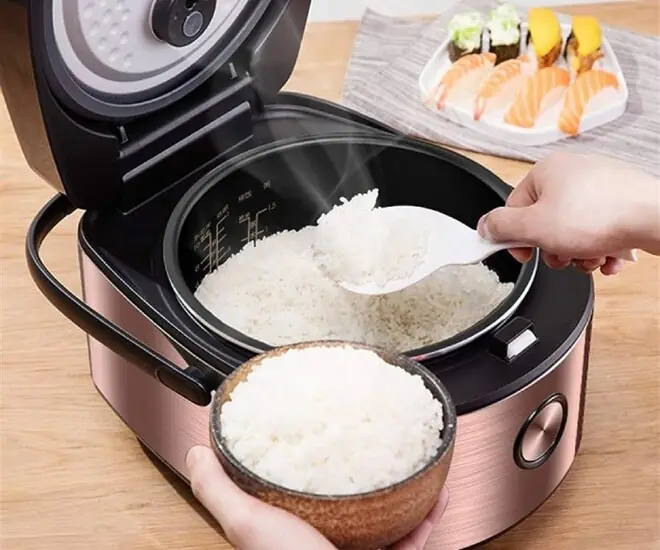
Don't Underestimate This Common Feature of Rice Cookers: It Could Be Harmful to Your Health

Smart People Know This Trick: Save Up to 50% on Your Monthly Electricity Bill by Adjusting Your Air Conditioner

Why Smart People Often Insert a Key into the Door When Sleeping: A Simple Habit with Big Benefits

The Surprising Benefits of Placing Ginger Under Your Pillow Before Sleep

6 Groups Who Should Avoid Eating Jackfruit: 2 Common Mistakes to Prevent Health Issues

Boost Your Toilet's Flushing Power Instantly with This Simple Trick

5 Essential Habits to Prevent C@ncer Recurrence: Insights from a Japanese Doctor

Four Brothers Diagnosed with Stomach C@ncer: Doctors Identify Two Common Habits as Major Risk Factors

When defrosting fish, remember not to soak it in water. The fishmonger taught me a trick to defrost it quickly, still fresh like raw fish
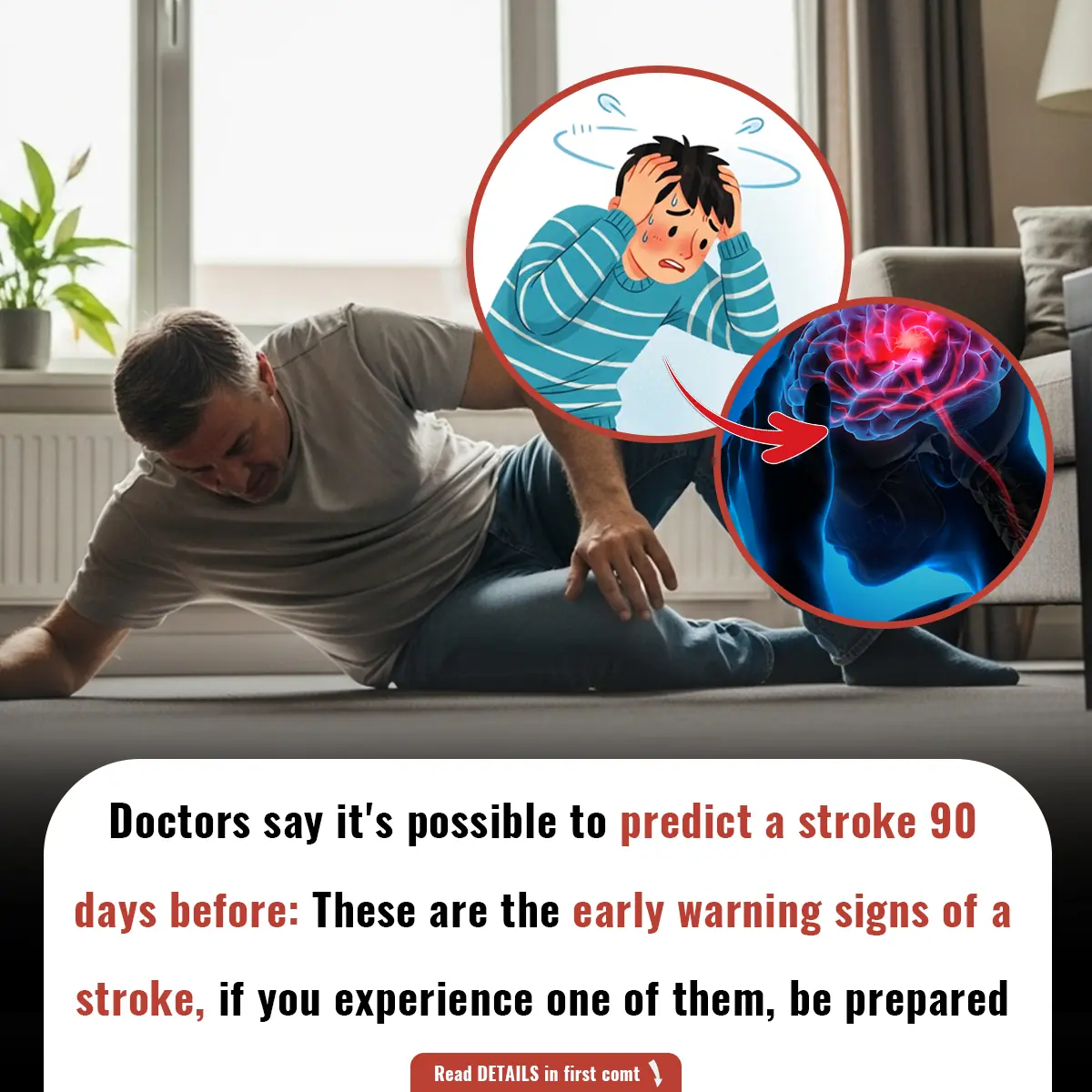
Doctors say it's possible to predict a stroke 90 days before: These are the early warning signs of a stroke, be prepared

Eat 4 foods on an empty stomach in the morning to help clean the intestines, improve digestion, and prevent c@ncer
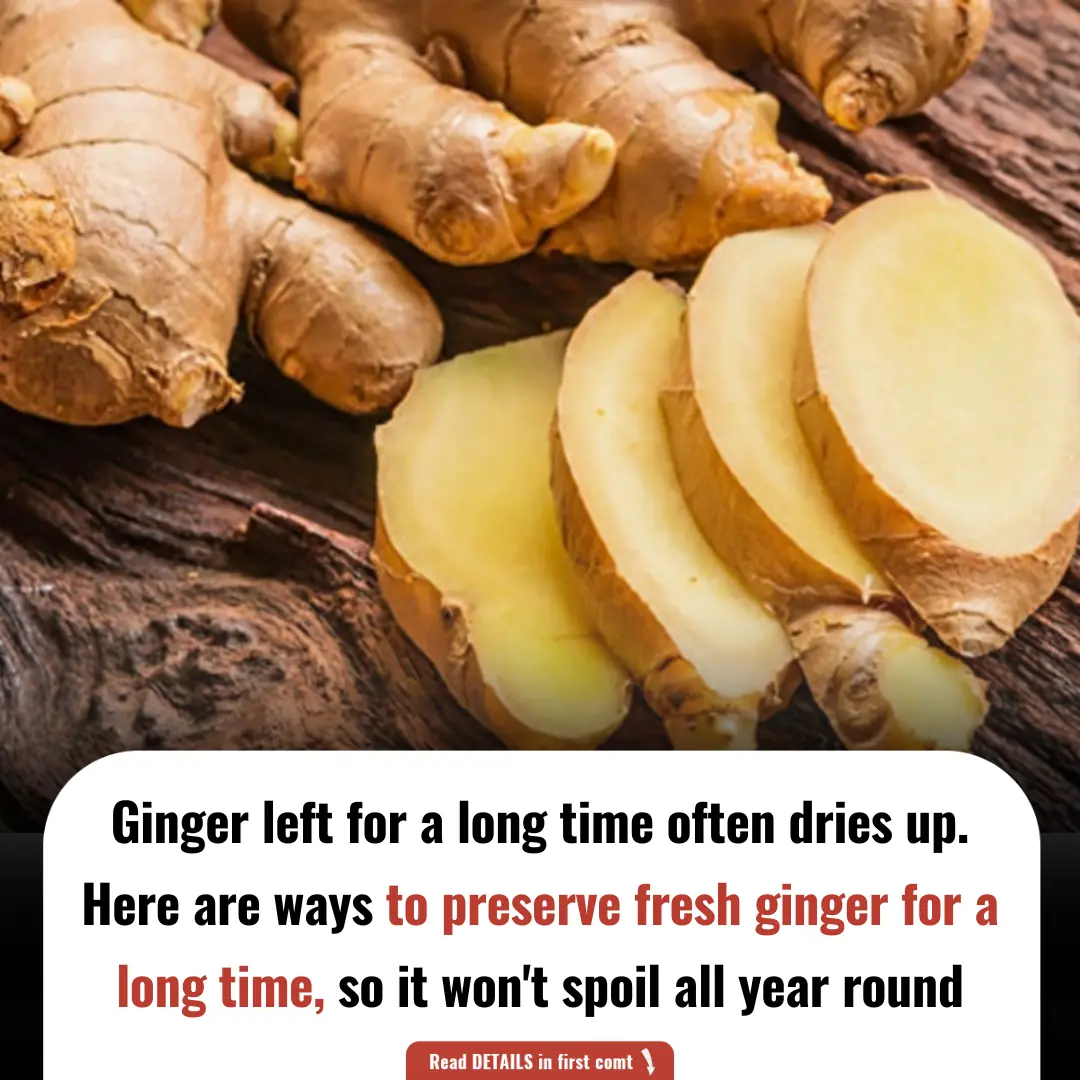
Ginger left for a long time often dries up. Here are ways to preserve fresh ginger for a long time, so it won't spoil all year round.

The Hidden Function of the Small Hole in Your Nail Clipper

Family's Thyroid Tumor Discovery: A Cautionary Tale About Excessive Iodized Salt and Soy Sauce Consumption
News Post

Why Smart People Never Set Their Air Conditioner to 26°C at Night

How to Position Your TV in the Living Room for Optimal Health and Wealth

Hidden D@ngers on Your Dinner Plate: 3 Common Vegetables That May Be D@m@ging Your Digestive Health

Doctors warn just one glass of this drink a day could increase risk of being diagnosed with cancer
A doctor in New York City has discovered a worrying trend between a drink almost two-thirds of Americans enjoy and an aggressive cancer.

Many Confuse This Plant with a Weed, But It’s Actually Full of Surprising Health Benefits
From providing omega-3 fatty acids to supporting heart, bone, and kidney health, purslane offers a wide range of benefits.

Doctor reveals the one sound people make that means they have under 24 hours left to live
This phenomenon is most commonly observed as the person drifts in and out of consciousness, and their breathing becomes more labored.

Easy Recipe to Make Rice Water Cubes to Shrink Pores and Get Clear, Radiant Skin
Rice water ice cubes are a simple yet effective skincare treatment that provides immediate benefits and can be easily incorporated into your weekly skincare routine.
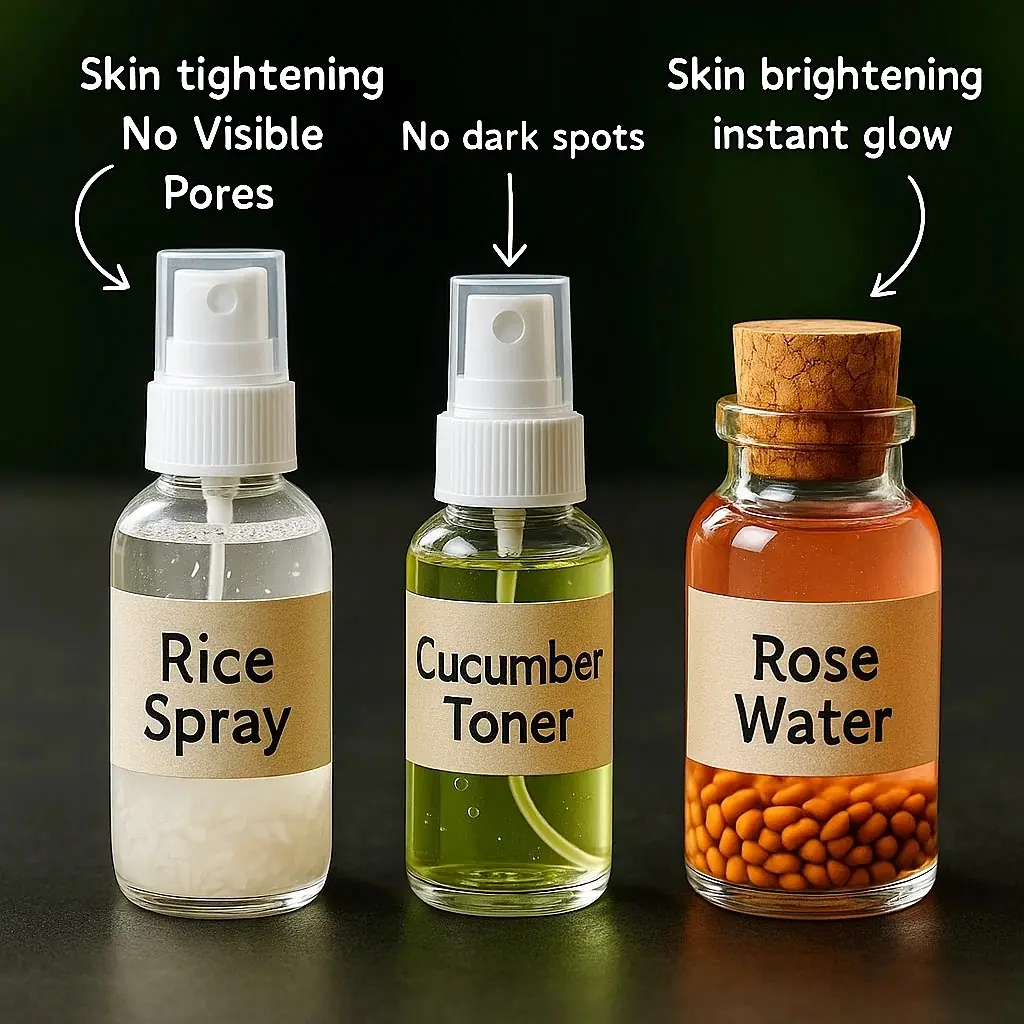
5 Homemade Skin Toners for Glowing Skin, Acne, and Dark Spots: Natural Remedies for Healthy, Radiant Skin
Homemade toners are a simple, affordable, and effective way to address common skin concerns such as acne, dark spots, wrinkles, and enlarged pores.

Don't Underestimate This Common Feature of Rice Cookers: It Could Be Harmful to Your Health

Smart People Know This Trick: Save Up to 50% on Your Monthly Electricity Bill by Adjusting Your Air Conditioner
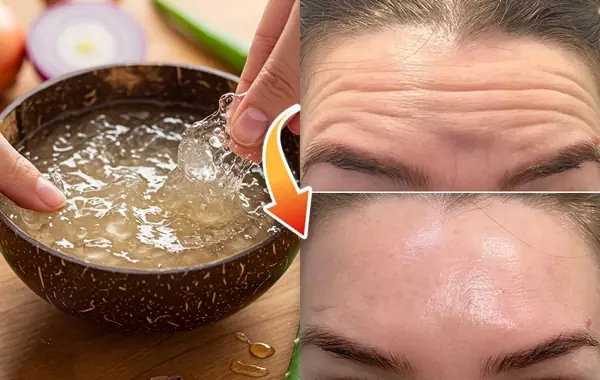
Homemade Aloe Vera Gel to Erase Wrinkles on Your Face: A Natural, DIY Anti-Aging Treatment
By using natural ingredients like cooked rice, almond oil, and aloe vera gel, you can create a powerful DIY mask that helps reduce wrinkles, improve skin elasticity, and nourish your skin.

Why Smart People Often Insert a Key into the Door When Sleeping: A Simple Habit with Big Benefits

The Surprising Benefits of Placing Ginger Under Your Pillow Before Sleep

Botox in a Bowl: A Natural Nightly Gel for Smooth, Wrinkle-Free Skin
These DIY face gels are a great, natural alternative to expensive anti-aging treatments.

6 Groups Who Should Avoid Eating Jackfruit: 2 Common Mistakes to Prevent Health Issues

Boost Your Toilet's Flushing Power Instantly with This Simple Trick

5 Essential Habits to Prevent C@ncer Recurrence: Insights from a Japanese Doctor

Four Brothers Diagnosed with Stomach C@ncer: Doctors Identify Two Common Habits as Major Risk Factors
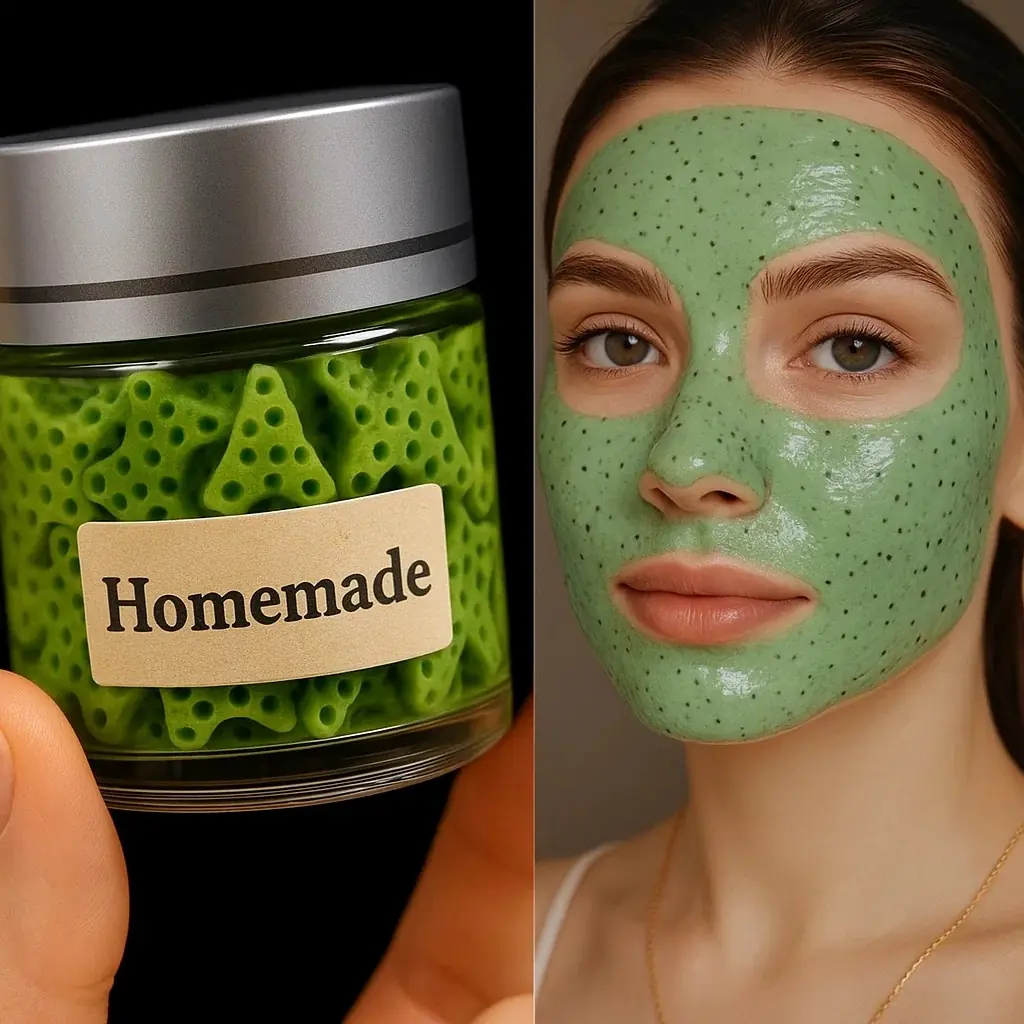
DIY Chia Seeds and Aloe Vera Mask for Wrinkle-Free, Radiant Skin: Achieve Youthful, Glass-Like Skin Naturally
Regular use of this DIY chia seeds aloe vera mask can help you achieve that coveted glass skin look-soft, plump, and glowing
